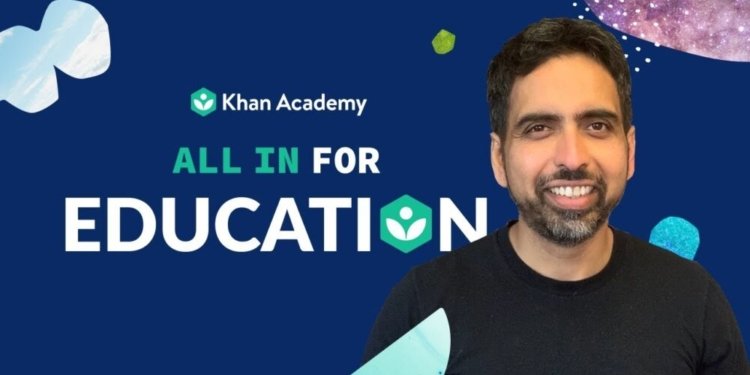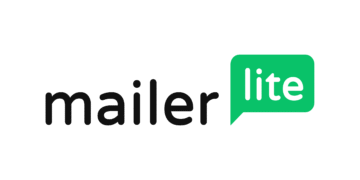In today’s rapidly evolving world, access to quality education has become paramount for personal and professional growth. However, not everyone has equal opportunities to access education that suits their needs. This is where Khan Academy steps in—a revolutionary online educational platform that aims to provide free, world-class education for anyone, anywhere.
What is Khan Academy?
Khan Academy is a non-profit organization founded in 2008 by Salman Khan, an educator and entrepreneur. It offers a vast array of educational resources in the form of video lectures, practice exercises, and personalized learning dashboards. The platform covers a wide range of subjects, including mathematics, science, arts, humanities, economics, and computer programming.
The Khan Academy Impact
1. Bridging the Education Gap
Khan Academy plays a significant role in bridging the education gap by providing accessible and high-quality learning materials. Students from disadvantaged backgrounds, rural areas, or those facing financial constraints can access the platform to enhance their knowledge and skills.
2. Personalized Learning Experience
One of Khan Academy’s unique strengths is its adaptive learning technology. It uses data analytics to track students’ progress and tailors the learning experience to their individual needs. This personalized approach empowers learners to study at their own pace and focus on areas where they need improvement.
3. Empowering Educators
Khan Academy doesn’t replace traditional classroom teaching; instead, it empowers educators. Teachers can use the platform as a supplementary resource to enhance their lessons and provide additional support to struggling students. This collaborative model fosters a blended learning environment, enriching the overall educational experience.
The Core Features of Khan Academy
1. Video Lectures
The platform’s extensive library of video lectures covers various subjects, explained in a clear and engaging manner. These bite-sized lessons make complex topics easier to understand, helping students grasp concepts effectively.
2. Practice Exercises
Khan Academy offers a diverse range of practice exercises and assessments. After watching video lectures, students can test their understanding by attempting these exercises, and receiving instant feedback to identify areas of improvement.
3. Progress Tracking
To motivate students and track their progress, Khan Academy provides a comprehensive dashboard. Learners can visualize their learning journey, celebrate achievements, and set goals for continued growth.
4. Interactive Challenges
To make learning fun and engaging, Khan Academy incorporates gamification elements such as badges and energy points. These rewards incentivize students to continue learning and stay committed to their educational pursuits.
Khan Academy and Social Impact
Khan Academy’s influence extends beyond individual learning; it also contributes to broader social impact.
1. Democratizing Education
By offering free education, Khan Academy democratizes learning and breaks down financial barriers that often hinder access to education.
2. Bridging Gender Gaps
The platform actively supports gender equality in education, promoting equal opportunities for girls and women worldwide.
3. Fostering Lifelong Learning
Khan Academy instills a love for learning, encouraging individuals to embrace lifelong learning as an essential tool for personal growth and development.
Conclusion
Khan Academy’s transformative impact on education cannot be overstated. Through its free and accessible platform, it empowers learners from all walks of life to access quality education and reach their full potential. By harnessing the power of technology, Khan Academy is revolutionizing the way we learn, making education a powerful tool for positive change.
FAQs
1. Is Khan Academy entirely free to use?
Yes, Khan Academy offers all its educational resources for free. There are no hidden fees or subscription costs.
2. Can I use Khan Academy alongside my regular school curriculum?
Absolutely! Khan Academy is designed to complement traditional classroom learning, and many educators use it as a supplementary resource.
3. Are Khan Academy’s courses accredited?
Khan Academy is not an accredited institution, but it provides valuable knowledge and skills to supplement formal education.
4. Is Khan Academy suitable for all age groups?
Yes, Khan Academy caters to learners of all ages, from elementary school students to adult learners.
5. How can I support Khan Academy’s mission?
You can support Khan Academy’s mission by spreading awareness about its platform and contributing to its non-profit initiatives.





